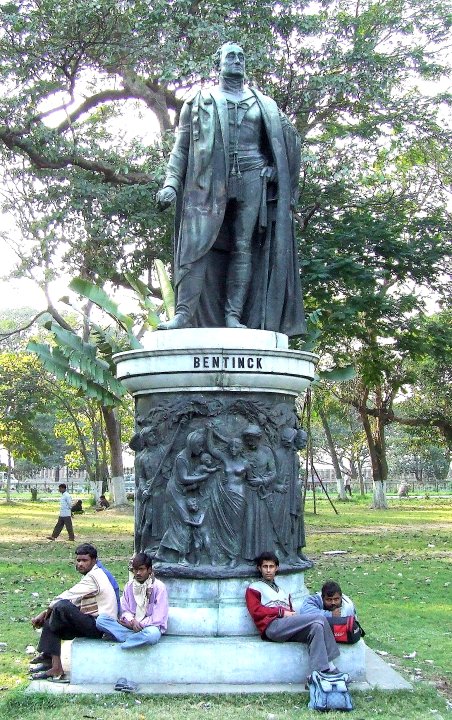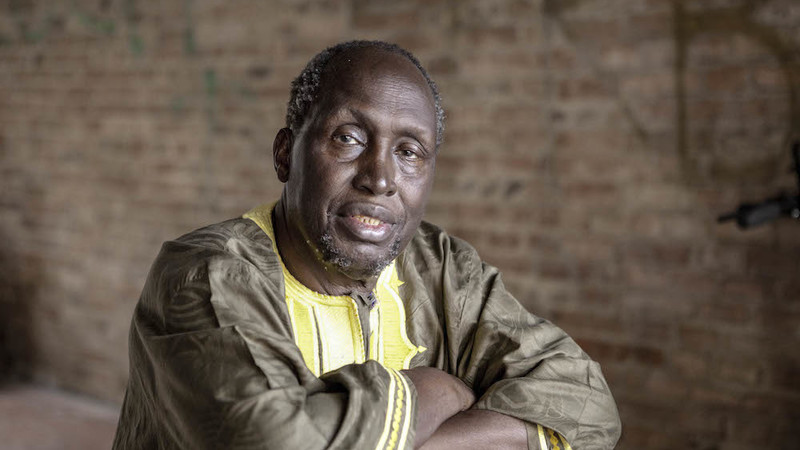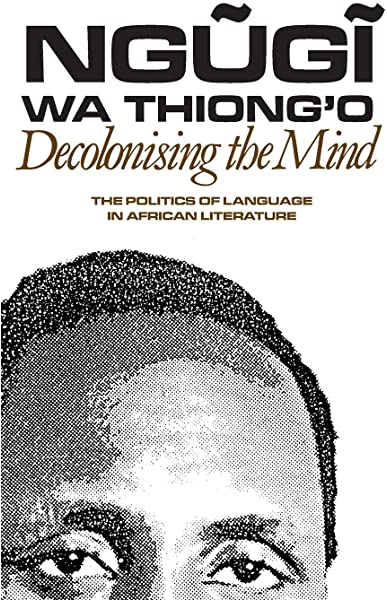
This [⬇️] inscription over the arched entrance to the North block quotes British writer Charles Caleb Colton:
“Liberty will not descend to a people. A people must raise themselves to liberty. It is a blessing that must be earned before it can be enjoyed.”
“Liberty will not descend to a people. A people must raise themselves to liberty. It is a blessing that must be earned before it can be enjoyed.”

Peter van der Veer writes, how, the British, convinced of their moral/intellectual superiority, conceptualized 'liberty' not as a modern political idea, but as an ancient British concept deeply rooted in history. #History
This British claim to antiquity was challenged by the comparative/competitive antiquity of Indian civilization. For example, this remark by VS Sukthankar, "Britain is a small, young nation, compared to India, and our love of knowledge, literature, and scripture is greater."
If the British rule over India is a historical fact, the greater antiquity of Indian civilization over the modern Western civilization is a chronological fact. Hence, the tendency among Western scholars to assign as late a date as possible to an ancient Indian event. [AL Basham]
• • •
Missing some Tweet in this thread? You can try to
force a refresh






